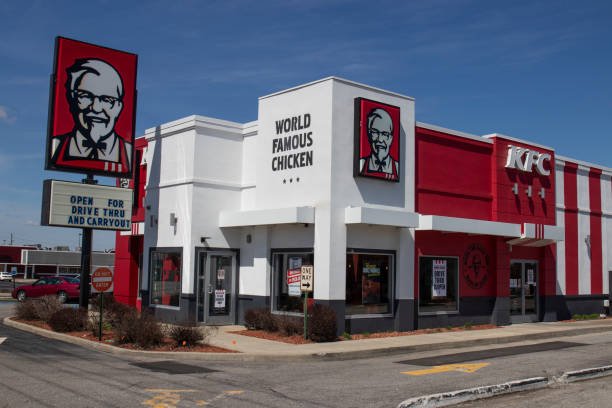How much does a Franchise Owner Make in South Africa? Income Potential of Franchise Owners in South Africa: A Comprehensive Overview
A franchise can be an attractive route to business ownership, with the potential for substantial financial rewards. However, the question of how much a franchise owner makes in South Africa isn’t straightforward to answer. It can depend on various factors, such as the specific industry, location, the brand’s strength, market demand, and the franchisee’s skill and dedication. This article will delve into the broad parameters of a franchise owner’s income in South Africa.
How much does a Franchise Owner Make in South Africa?
The earning potential of franchise owners in South Africa can be greatly influenced by the factors mentioned earlier – industry sector, franchise brand, geographic location, operational efficiency, and market demand.
As per the Franchise Association of South Africa (FASA) reports, the average gross profit margin to the franchise owner, across all sectors of franchising is approximately 50%-60%. However, net profits (after expenses, royalties, and taxes) were typically around 10%-20% of total revenue.
For example, if a franchise’s total revenue is ZAR 1 million, the net profit (i.e., the franchise owner’s potential ‘take-home’ pay) might range between ZAR 100,000 to ZAR 200,000. These are broad averages and actual profits can be significantly higher or lower, depending on the specific factors related to each franchise.
However, the net income of a franchise owner can be higher if they own multiple franchise units, which is a common strategy for successful franchisees.
While these figures offer a general guideline, the precise income of a franchisee in South Africa can vary greatly. To get the most accurate information, prospective franchisees should consult with a financial advisor and review the Franchisor’s Disclosure Document carefully, which should provide information about the financial performance of existing franchise units.
1. Industry Sector:
The industry in which the franchise operates can significantly impact the income of a franchise owner. For example, fast food franchises such as KFC, McDonald’s, or Steers are popular and potentially lucrative, often generating substantial annual revenue. On the other hand, smaller, service-based franchises like cleaning or home-care services may not have the same level of income but might require less initial investment.
2. Franchise Brand and Reputation:
Well-established franchise brands like Nando’s or Wimpy often command higher revenues due to their strong brand recognition and customer loyalty. However, they also usually require a more significant initial investment, which can affect net income, at least in the early years of operation.
3. Geographic Location:
The location of a franchise also significantly impacts its earnings. A franchise located in a densely populated urban area or a high-traffic mall is likely to generate more revenue than one in a rural or less frequented location.
4. Management and Operations:
The management skills and dedication of the franchise owner can dramatically affect a franchise’s profitability. Well-run franchises that maintain high service standards, efficient operations, and effective marketing strategies can see higher income levels.
5. Market Demand:
The success of a franchise also depends on market demand for its products or services. A franchise in a sector with growing demand, like health and wellness or tech-based services, may see higher earnings compared to franchises in industries with stagnant or declining demand.
While it’s difficult to state a specific income figure due to these varying factors, it’s clear that the earning potential of a franchise in South Africa can range widely. A study by the Franchise Association of South Africa (FASA) indicated that many franchises had a return on investment within two years, a strong indication of the model’s financial viability.
However, potential franchise owners should consider more than just the potential income. It’s important to take into account the total investment, which includes the franchise fee, startup costs, and ongoing royalties, and to compare these costs to the expected revenue and profit margins.
Prospective franchisees are advised to conduct thorough due diligence before purchasing a franchise. This should include seeking financial advice, reviewing the franchisor’s disclosure documents carefully, speaking with existing franchisees about their experiences, and understanding the local market conditions.
To conclude, while owning a franchise in South Africa can be profitable and provide a steady income, the actual amount will depend on various factors. As with any business venture, it requires commitment, hard work, and smart business acumen to achieve financial success.

